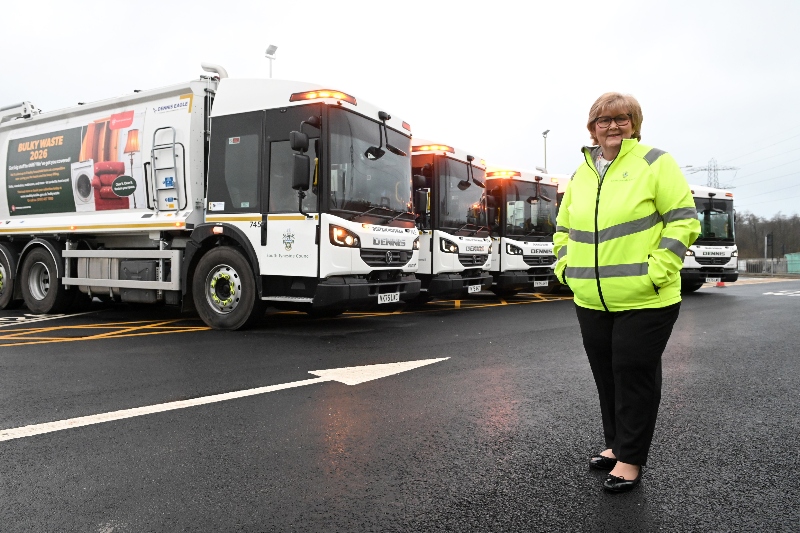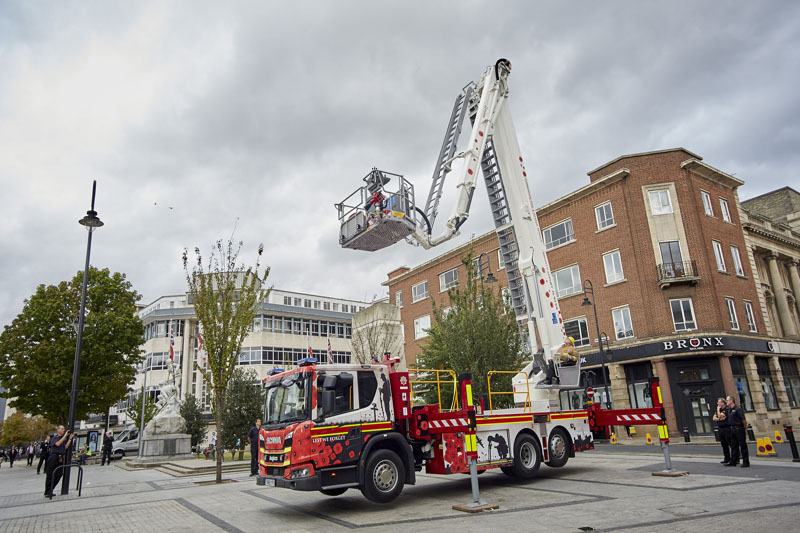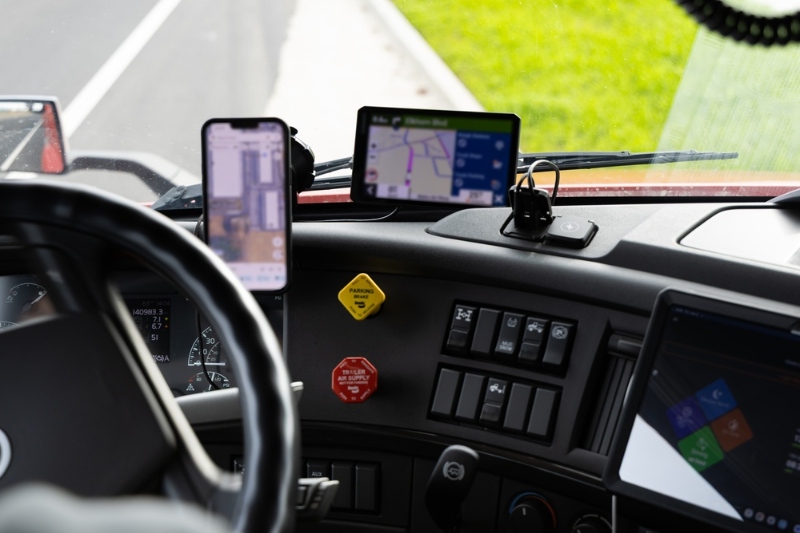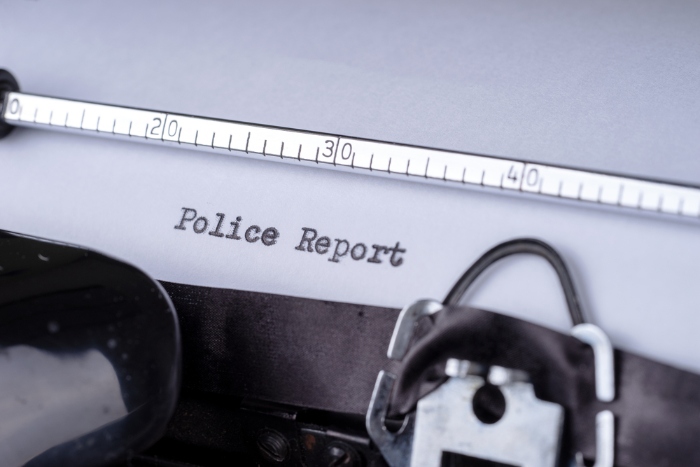Dominic Reid from Northgate Vehicle Hire considers how old vans can impact on customer service for local authorities.
As any motorist will know, it can sometimes be difficult saying goodbye to a beloved old vehicle but there comes a time when the cost of running it outweighs the sentimental aspect.
In general, the older a vehicle becomes, the more maintenance and associated problems will increase, and, from a commercial aspect, this can be detrimental effects to local authorities.
In addition to the increased costs of running the vehicle and the associated aesthetic damage, it can have a direct impact on customer service.
As well as costing more to keep running, older vans have more miles on the clock and are also prone to breaking down more often, which has a number of knock-on effects.
It is fair to say commercial vans are subjected to more wear and tear than private vehicles and although this does not generally have a major effect on the engine, it does affect other parts of the van.
Cosmetic damage to the outside of vehicle and wearing of the side and rear doors tend to be aesthetic problems and the van will still drive in this condition. But wear and tear also extends to other parts of the vehicle, with new clutches, gears, tyres and brakes all being costly to replace.
Even though modern organisations account for seemingly everything in their budgets, it is rare for a local authority to set aside a pot purely for fixing commercial vehicles ' despite the fact that a functioning fleet is vital to business continuity. And it means that, if vehicles do require repairing, the funds will have to be diverted from other parts of the business.
All of this creates a false economy and can soon lead to a domino effect where cost-cutting is passed from one department to another and ultimately impacts on customer service.
Some organisations may say 'this van has bought and paid for itself' and are happy to continue paying for ad hoc maintenance and repair when the old vehicle inevitably begins to break down, but the pure cost of repair fails to take into account intangibles such as downtime, and how this can affect tenant satisfaction.
Similarly, having an older vehicle can be less visually appealing to all stakeholders, which can count for so much in terms of making a positive impression, particularly with initial encounters.
Northgate offers service, maintenance and repair as standard, helping to minimise vehicle and business downtime and providing peace of mind.
Investing in newer vehicles brings with it benefits, such as fuel efficiency and safety.
As well as being subject to the latest vehicle safety testing, newer vans are built to exacting standards. This can extend from having keener brakes to more responsive handling and there is the benefit of less downtime with newer vans.
A key attraction of a newer vehicle is the manufacturer's warranty which generally ranges from 60,000 to 100,000 miles and provides an additional layer of support. Often, a manufacturer will allow vehicle hire customers to contact them directly and bypass the need to liaise through a hire company.
Compared with older vehicles, new models also bring about a reduction in risk in terms of operational efficiency. Although you can never truly eliminate the risk of any vehicle breaking down, you can help minimise it by ensuring it is in the best possible shape at all times.
From a reputational management standpoint, this can be crucial, as it safeguards a local authority's promises to its tenants. If you promise to be at a specific location at a specific time, it is essential to do just that ' especially in the case of emergency repairs and maintenance.
And from a staff retention perspective, older vehicles can have a detrimental impact. Having to operate in an ageing cab with little technology perks and limited comfort can have a direct impact on employee satisfaction.
Staff who are driving a new van can benefit from a pleasant working environment and may have perks, such as Bluetooth or a sat-nav, ensuring they already have a smile on their face when they meet tenants.
There has been an increase in the appeal of special edition vehicles that do exactly this, with sat-nav, air-con, parking sensors, Bluetooth and other extras becoming increasingly popular and helping to give local authority fleets a more upmarket feel.
And there has been a gradual shift as companies in all sectors realise they need to look after their assets in order to deliver excellent customer service, including both the fleet and employees themselves. A van is no longer simply a commodity ' it is something that reflects the organisation itself.
Vehicle hire allows you to keep vehicles on the road longer, reducing downtime through a service, maintenance and repair all-inclusive package. By providing a transparent weekly cost and the benefit of an attractive, new fleet, it allows you to concentrate on your tenants, rather than the vehicle.
As Business Development Manager for Scotland with Northgate Vehicle Hire, Dominic Reid is responsible for the supply of all local authority vehicles hired from Northgate in Scotland. He works closely with local authorities directly and The Procurement Organisation Scotland Excel to ensure exceptional customer service levels are delivered. Now in his second year with Northgate Vehicle Hire, Dominic has held leadership roles in customer service delivery for 20 years at FTSE listed companies including DSGi & Rentokil.






